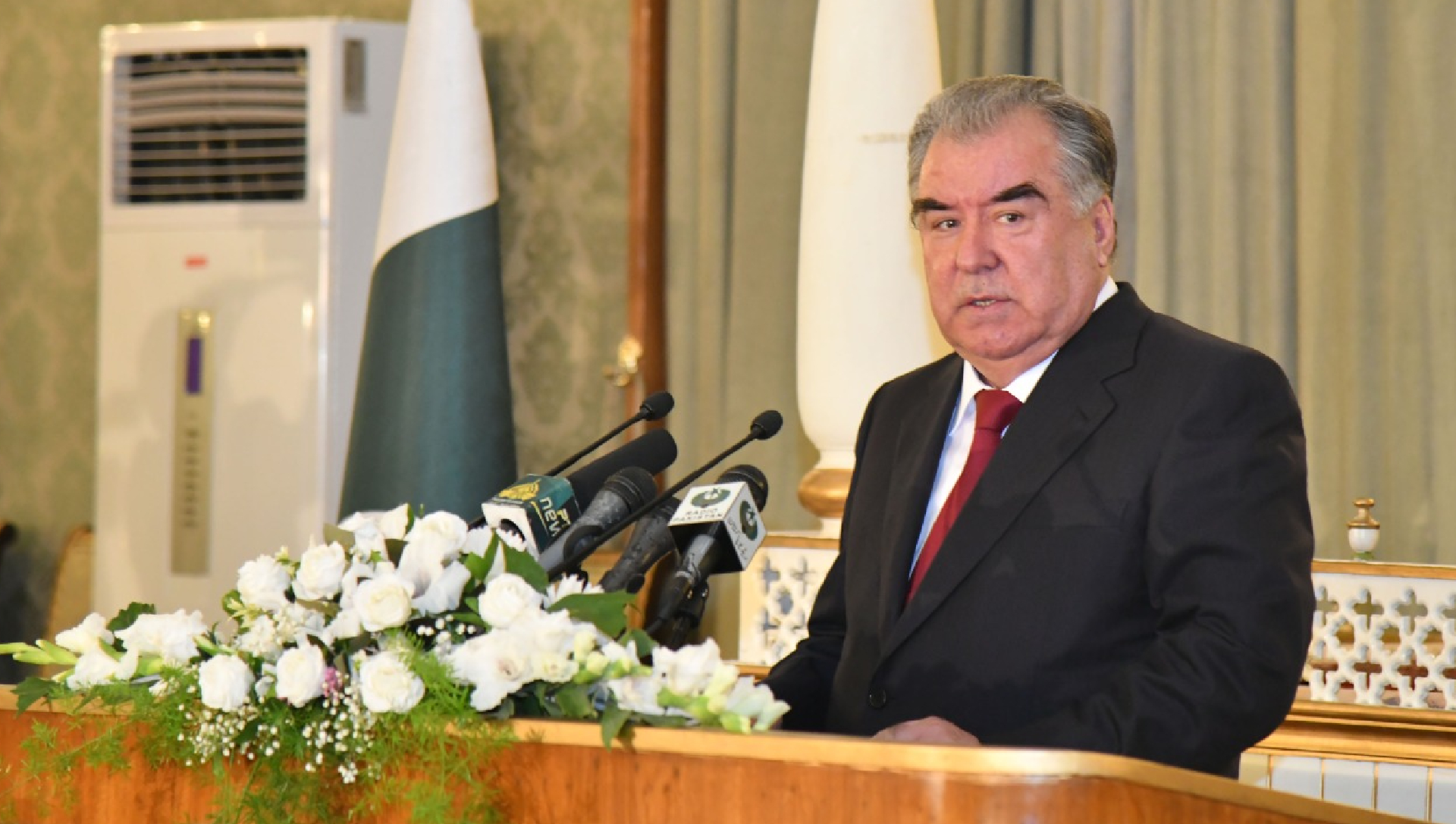How is the world responding to China’s newly unleashed Wolf Warrior diplomacy? To be honest, the West, which is just about waking up to this phenomenon now has so far been ‘shocked’ or ‘surprised’, but to the smaller and weaker neighbours of China, this nature of projection has resulted in a certain amount of stress and strain over the last decade and a half. Governments across the map, whether in Sri Lanka or Nepal, continue to experience their share of trouble with different forms of Chinese arm-twisting and traps.
The interesting thing is that the practical version of a nation-state is not a homogenous entity anymore. Subnational players – irrespective of their alignments or affiliations – are gaining importance by the day. Most of these players are controlled/orchestrated by different interest groups and lobbies and are used as leverage to endorse or undermine the acting government depending on the agenda.
Central Asia has always been a tough geography. The Turkic tribes fanned out from here and created havoc around almost the entire Eurasia at one point in time. The Imperial Russian army had a hard time prevailing over this geography (Kokand and Bukhara took several attempts) during The Great Game, and one of the final symbolic acts of the 20th century was the Soviet Army pulling out of Afghanistan and eventually from the entire region as the USSR crumbled.
The US tried to influence this region for twenty years during its longest war adventure in Afghanistan, and even they had to leave. Now China eyes this region through its ambitious BRI project.
The most notable change that the central Asian states have undergone during their transition from 20th century Soviet association to today has been the rise of Islamist organizations and agencies of different types. And it is their reaction to China’s domestic conduct and regional approach that is going to have a key say in the near future of stability and growth of what Halford Mackinder christened as The Heartland.
Gorno-Badakhshan Autonomous Oblast
Still known by its old Soviet acronym GBAO, the Gorno-Badakhshan Autonomous Oblast is located in the Pamir mountains of Tajikistan and is one of those regions where conflict has become a way of life. GBAO is one of the most strategic areas in central Asia. It is the biggest province of Tajikistan too.
Taking up nearly half of Tajikistan, GBAO straddles Afghanistan towards its south and China’s Xinjiang towards its east: two extremely flammable geographies. It is a rugged terrain, has its own sense of autonomy, and is in constant conflict with the government at Dushanbe, which follows the result of an earlier civil war, the rise of Emomali Rahmon as the president of the country, and the resultant attitude of the government towards the GBAO people who are generally known just as Pamiris.
Just after the USSR crumbled, there followed a civil war in Tajikistan (1992-97) for about five years. The Pamiris of GBAO sided with the United Tajik Opposition, lost the war, were killed in large numbers, and even though they could negotiate a power-sharing with Emomali Rahmon at the end of the war, they were eventually sidelined.
As is the rule in most pre-industrial societies, the Emomali government quickly turned feudal in nature, business and commerce agreements kept being shared among close allies and associates and certain small pockets witnessed the blessings of Chinese and Russian investment, while areas like GBAO remained neglected and poor.
Among those sidelined by President Rahmon was an Islamist opposition party known as the Islamic Renaissance Party of Tajikistan (IRPT). This party was first banned and then declared a terrorist organization. The government’s dealings with the combined opposition of UTO and IRPT have seen regular attacks on their strongholds, deportation of Tajiks from Russia and their imprisonment (individuals that have been vocal about supporting the opposition), and periodic elimination of important members of the opposition from the GBAO region.
This was a regular feature from 2012-2018, all along while the government continuously tried to get Chinese and Russian investment in the country. And while Russians in private have known to express concerns, the Chinese government has had no issues whatsoever because of the proximity of GBAO with Xinjiang.
This has suddenly taken a turn for the worse during the last one year after the Islamic State terrorists who migrated to Afghanistan post-Syrian war, have stepped up their propaganda campaign. After the ISKP rockets were fired at Uzbekistan, the Tajik telegram users have grown more vocal inviting similar attacks on Tajikistan. The ISKP propaganda videos, unlike the usual endless sermons of the Islamic radicals, are more eclectic in nature combining documentaries, interviews, animated updates etc. and there are several Tajik based Telegram channels that regularly translate and transmit ISKP broadcasts and newsletters.
With a broader appeal for jihad, courtesy ISKP, with crucial IRPT members joining up the more radical Islamic Movement of Uzbekistan, and with the Tajik government that is fairly China-driven these days choosing this particular time to restart a crackdown on GBAO again, the Gorno-Badakhshan Autonomous Oblast is one of the ticking bombs of the central Asian heartland.
Arindam Mukherjee is a Calcutta-based author and a Learning & Development professional who likes to dabble in Eurasian geopolitics during his spare time.
Note: This piece is the first part of Mukherjee’s series on central Asia. The second part will appear on May 28.
(Disclaimer: Views expressed above are the author’s own.)










